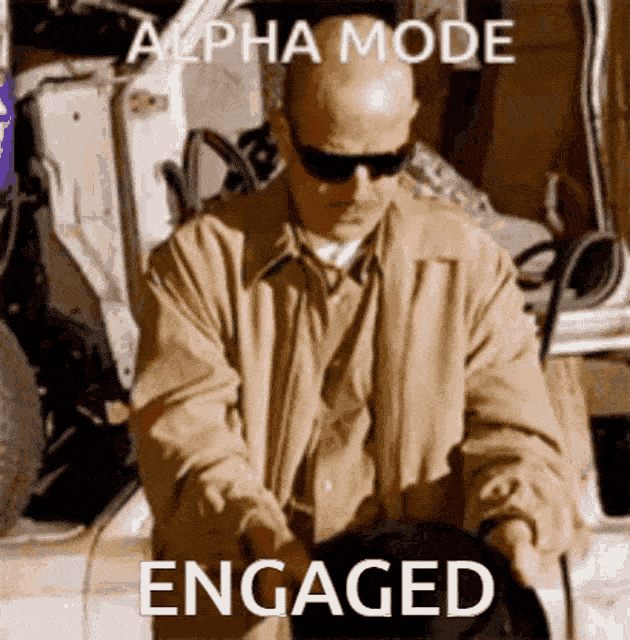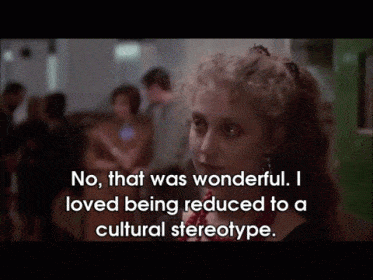So far we have addressed the scientific reliability of the CliftonStrengths assessment and seen that it is in fact, quite reliable, and not a cause for skepticism. It follows then that the other sources for skepticism are from a person’s own feelings about the results of the assessment. Of the four main contributors to the feelings about the assessment, we looked at Ignorance and Opportunity. Today we will look at Culture. Then in the last post of the series, we will look at the way your other talents might cause doubt and skepticism about your results.
Few things are as significant to forming your identity as your community or culture. While the terms are not interchangeable, they are similar, so from now on I will simply use the word culture. Depending on your culture, there are certain talents that may not be seen as “appropriate” to your culture, or even your gender. Since gender is probably the most obvious cultural distinction, let’s start there.
Keep in mind that gender roles can vary dramatically across co-cultures and nations. In any given town there are multiple cultures, especially if there are multiple ethnic groups. So, the things that are lauded in the Italian culture of your city might not be lauded in the Polish culture, or Korean culture, or, pick any other culture!
What does being “Manly” look like in the U.S.?

The typical U.S. male archetype tends to be less emotional, more directive, quiet, socially and emotionally isolated, and decidedly self-determined. So, it is not uncommon for men who have talents such as Empathy®, Communication®, Woo®, and Harmony® to experience either an overt or subliminal message that their talents are not “manly” and therefore not culturally acceptable.
In the face of such discouragement, it is easy to see that those talents will be more easily denied, doubted, ignored, or even be a source of shame. As a result, those talents are neglected and not developed. As we saw in the previous post, that can lead to skepticism.
Conversely, women in the U.S, who have what might be considered “manly” talents such as Command®, Competition®, Strategic®, Significance®, and Self-Assurance® face the same cultural pressure to deny, or hide those talents. For both genders, those messages may be intensified if they are in cultures that are strongly aligned to these traditional gender-based archetypes.
For instance, I have coached many women in the non-profit, evangelical community who have been pretty battered for their “male” talent themes style which are typically framed as: proud, not submissive, rebellious, and self-aggrandizing. Qualities that one would think would apply to both men and women but for some reason the women take it on the chin more than men with those same talents. Men with talents such as Empathy, Woo, etc., get off a little easier in the evangelical culture, but not by much.

My point is not to open a can of worms around cultural norms, or start a “religious war.” It was just an example of how influential culture can be on affirming or denying talent themes and the skepticism that can follow.
Now what? Well, stop being skeptical and start digging into your CliftonStrengths results. Turn those talents into true strengths. The only way to really determine whether or not your results are accurate is to dig into the talent to create understanding and opportunities to use it. If you do not experience significant growth and joy in that pursuit, maybe you are in that very small percentage who apparently did not get accurate results. But, before you toss out that talent, or all of them, come back next week and learn how the rest of your talents can contribute to your skepticism because you, “just don’t feel like you have that talent.”
“CliftonStrengths” and the 34 CliftonStrengths theme names are registered trademarks of Gallup, Inc. The graphic elements copyright © CoreClarity, Inc.
